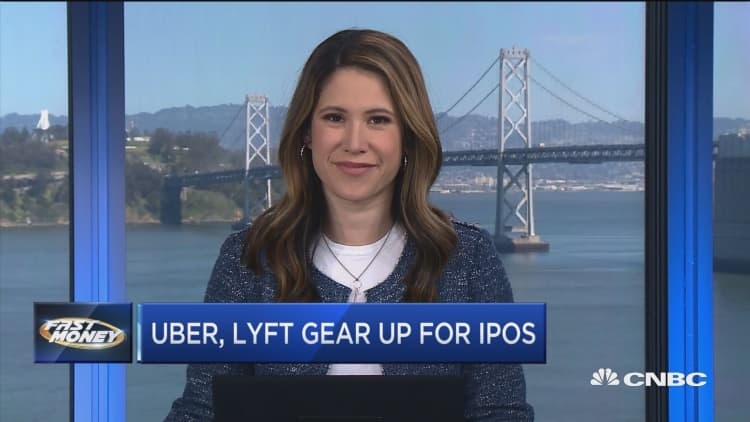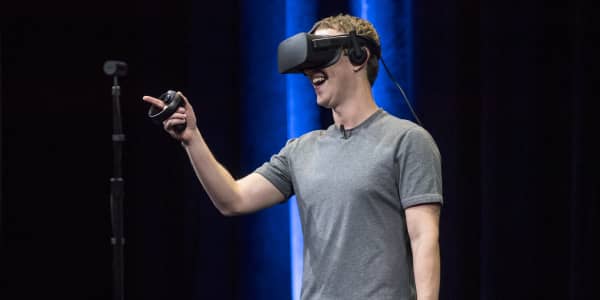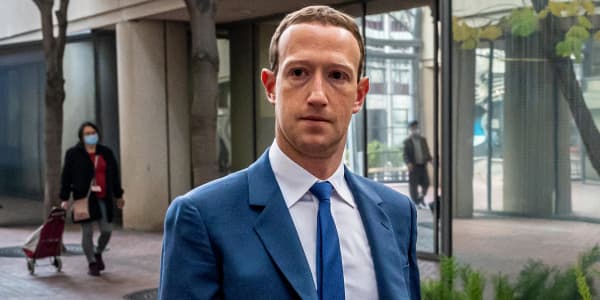Many start-ups with big names and even bigger valuations are planning to go public in 2019.
Lyft, Slack, Pinterest and Postmates have already filed. Uber and Airbnb are expected to join before the end of the year. But even with this anticipated consumer tech IPO bonanza, there is strong evidence that the traditional IPO is dying. These companies themselves have stayed private longer than they have in previous decades. And instead of chasing a listing on public markets, the next batch of superstar start-ups are likely to stay private longer.
Amazon went public at a $500 million valuation, and the public could benefit from its high-growth early days. Facebook went public at $100 billion. While the public has been able to benefit from Facebook's ~5x growth since IPO, they were locked out from accruing the 100x gains of that $1 billion to $100 billion growth curve.
Companies used to race to IPO — the start-ups of the early 2000s considered going public the ultimate marker of success and the best way to create value for founders, employees and investors. But venture capital dollars are so plentiful and terms are so beneficial today that the race to IPO has slowed to a crawl.
Carta data from more than 6,000 primary financing rounds raised by 4,500 U.S.-based, venture-backed companies over the last four years show that more money was raised per round in 2018 than in 2017. Valuations increased at all stages of a company's lifecycle, and Series D valuations (which are given to later-stage companies) increased by a whopping 128 percent. Moreover, when these later-stage companies raised money in 2018, they gave away less of the company despite receiving record-high valuations.
These positive trends in private company valuations mean companies don't need to go public to access capital. They also have more options to create liquidity for employees, further reducing the need to go public.
Private is still going to be the new public
Looking at these trends, it's clear that private is the new public. So why are these tech giants bothering with an IPO? At a certain point, companies like Uber and Airbnb get so big and raise so much money that they face incredible pressure to go public. Additionally, rumor of a market decline on the horizon is likely increasing the sense of urgency to file sooner rather than later.

But don't expect to see all of these companies to go public in the traditional way. Many will break tradition by doing a direct listing, which allows a company to IPO faster and cheaper because they don't have to hire an underwriter or spend time preparing and conducting a roadshow with institutional investors. Moreover, a direct listing allows a company to go public without diluting its shares. Some have estimated it would've cost Spotify around $100 million to launch its IPO through traditional methods, compared to the $30 million it paid to advisors during its direct listing last year.
There is risk involved in a direct listing, however. Without the traditional roadshow, companies might not know how to price their shares, resulting in extreme short-term volatility in their stock price. Before Spotify's direct listing, the company offered shareholders the option to sell their stock through private secondary transactions to get the data it needed to accurately price shares. This strategy worked. Contrary to media speculation, Spotify experienced low short-term volatility when it debuted on the exchange, providing a powerful example for companies that want to follow in its footsteps.
We've already heard that Slack is likely to do a direct listing this year, and if it's successful, many more of these organizations will follow suit.
So, will the general public prosper as a result of the IPO flurry of 2019? It's unlikely. You can blame the same private market conditions that make staying private so attractive. Companies used to go public at valuations less than $1 billion, which meant everyone could invest in their stock once it was publicly traded and benefit from its appreciation thereafter. The companies going public this year will do so at much higher valuations, so the chances of massive additional appreciation are lower. This means that private investors are accumulating the majority of the wealth generated from these listings.
Uber is seeking a $120 billion valuation at IPO. Most public investors will be locked out of that upside. And the rich will get richer.
— By Henry Ward, CEO of Carta, a company that helps private and public companies, investors and employees manage equity and ownership.




